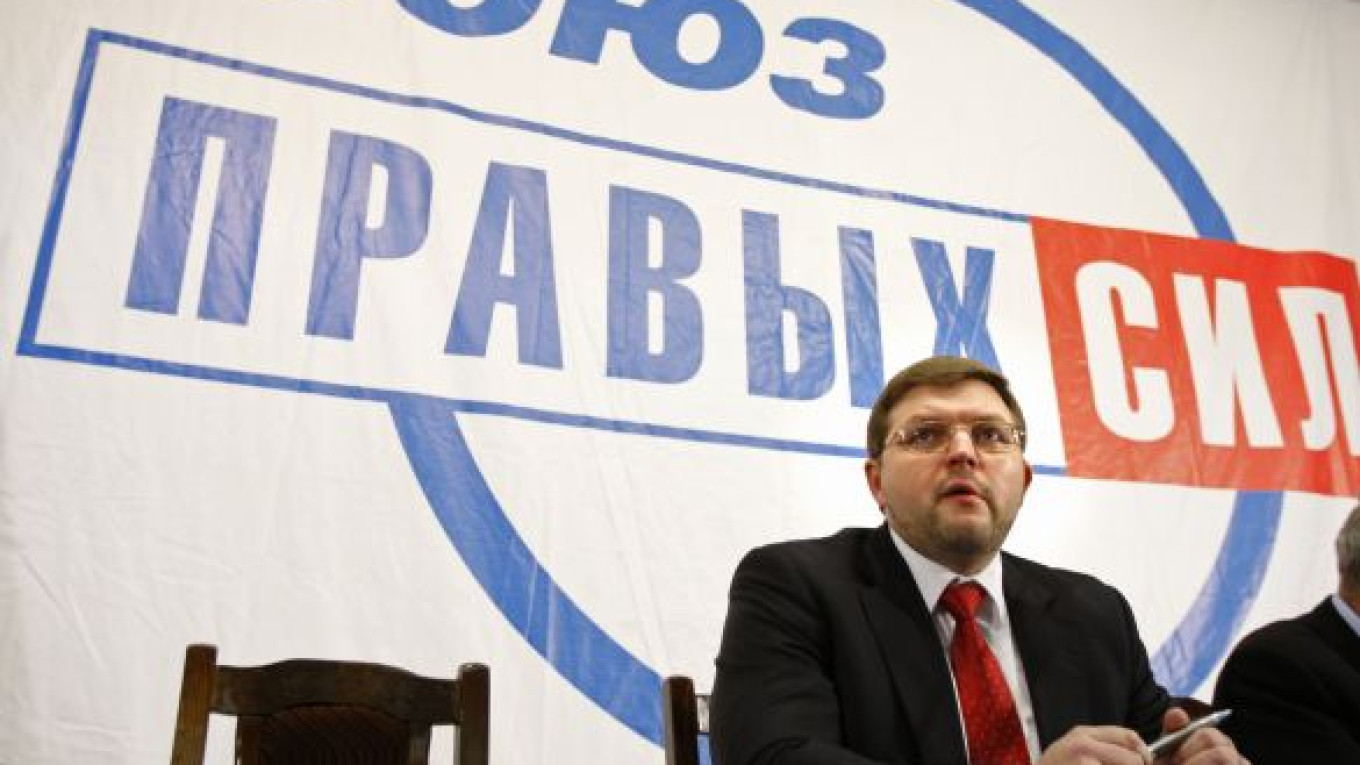The Kirov region is wooing investors to kick start its economy, but change also needs to be embraced by the local population, the region's liberal-leaning governor, Nikita Belykh, said Thursday.
"I think the most important aspect of modernization is society, not the economy or industry," Belykh said at a briefing with the American Chamber of Commerce.
Belykh, formerly an outspoken opposition politician, has led the impoverished region in the western Urals for just more than a year. When President Dmitry Medvedev nominated him in January 2009, analysts called the surprise decision a kind of Kremlin experiment to test a more liberal management approach in a single region.
He has been actively trying to boost the region's economic prospects, but he conceded Thursday that 60 percent of the Kirov budget will consist of federal subsidies this year. It will take at least 10 years to make the region economically self-sufficient, he told AmCham members.
The task seems Herculean. Kirov suffers from massive unemployment, a crumbling Soviet-era infrastructure and a weak economic base. Peat and timber are the major industries, with 70 percent of the region covered by forest.
Foreign investors have largely bypassed the region, with the notable exceptions of Swedish furniture giant IKEA, which runs production facilities there, and Italian home appliances firm Candy, which bought a local plant producing washing machines.
Belykh said his region could offer political stability, minimal bureaucracy and high levels of transparency.
The governor quit the pro-business, now-defunct opposition party Union of Right Forces before assuming his post but did not join the ruling United Russia party, which controls 36 of 54 seats in Kirov's regional legislature.
Belykh admitted that he was not in complete control of the region. "But we try everything to create a comfortable climate for dialogue," he said.
A Message from The Moscow Times:
Dear readers,
We are facing unprecedented challenges. Russia's Prosecutor General's Office has designated The Moscow Times as an "undesirable" organization, criminalizing our work and putting our staff at risk of prosecution. This follows our earlier unjust labeling as a "foreign agent."
These actions are direct attempts to silence independent journalism in Russia. The authorities claim our work "discredits the decisions of the Russian leadership." We see things differently: we strive to provide accurate, unbiased reporting on Russia.
We, the journalists of The Moscow Times, refuse to be silenced. But to continue our work, we need your help.
Your support, no matter how small, makes a world of difference. If you can, please support us monthly starting from just $2. It's quick to set up, and every contribution makes a significant impact.
By supporting The Moscow Times, you're defending open, independent journalism in the face of repression. Thank you for standing with us.
Remind me later.


